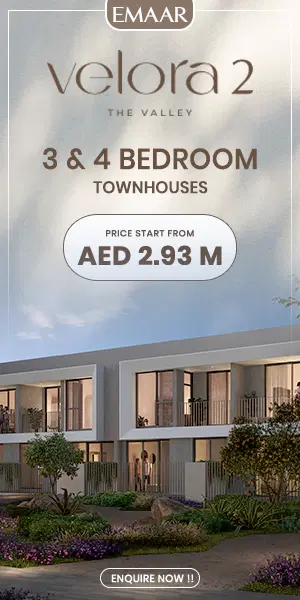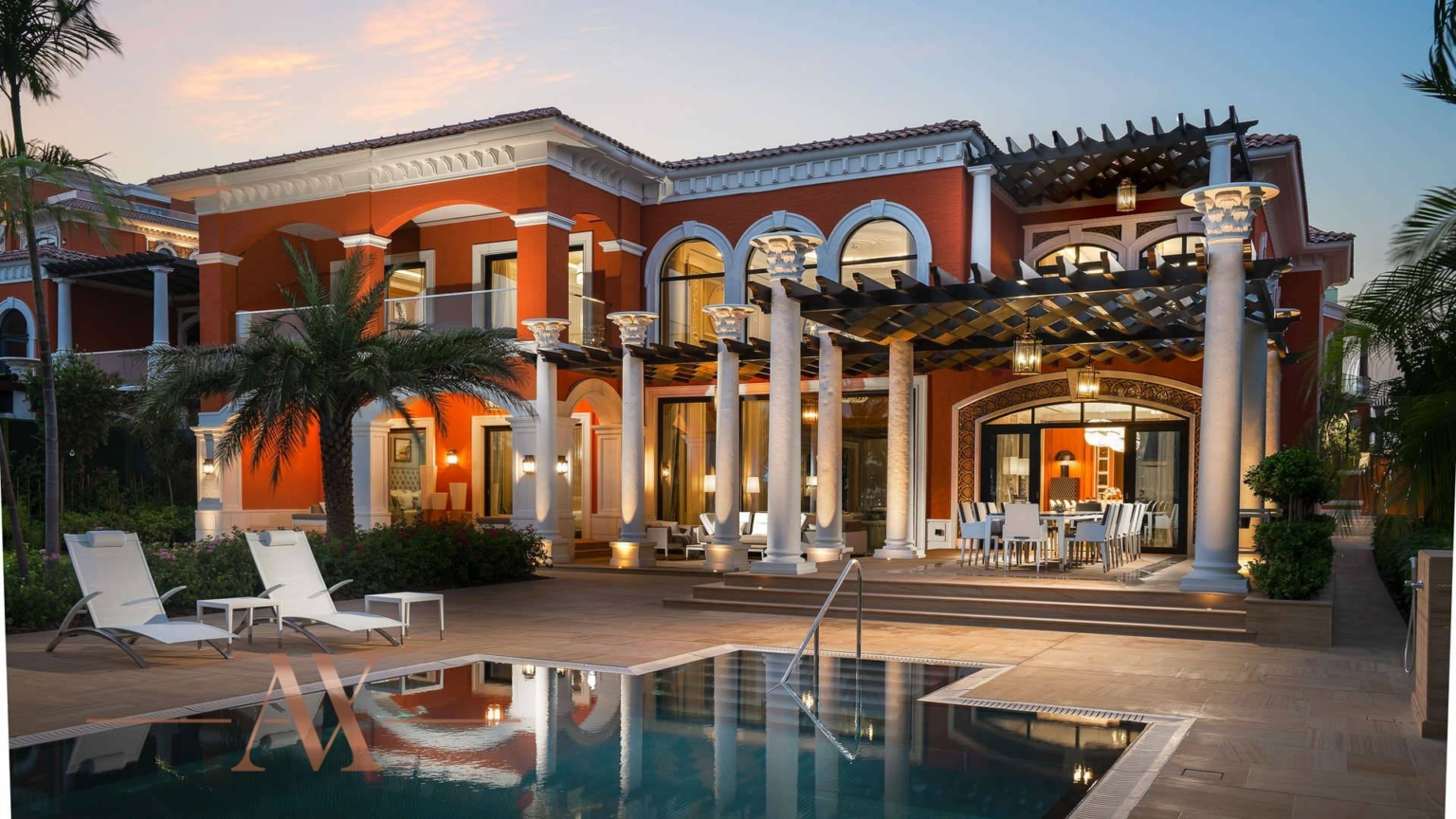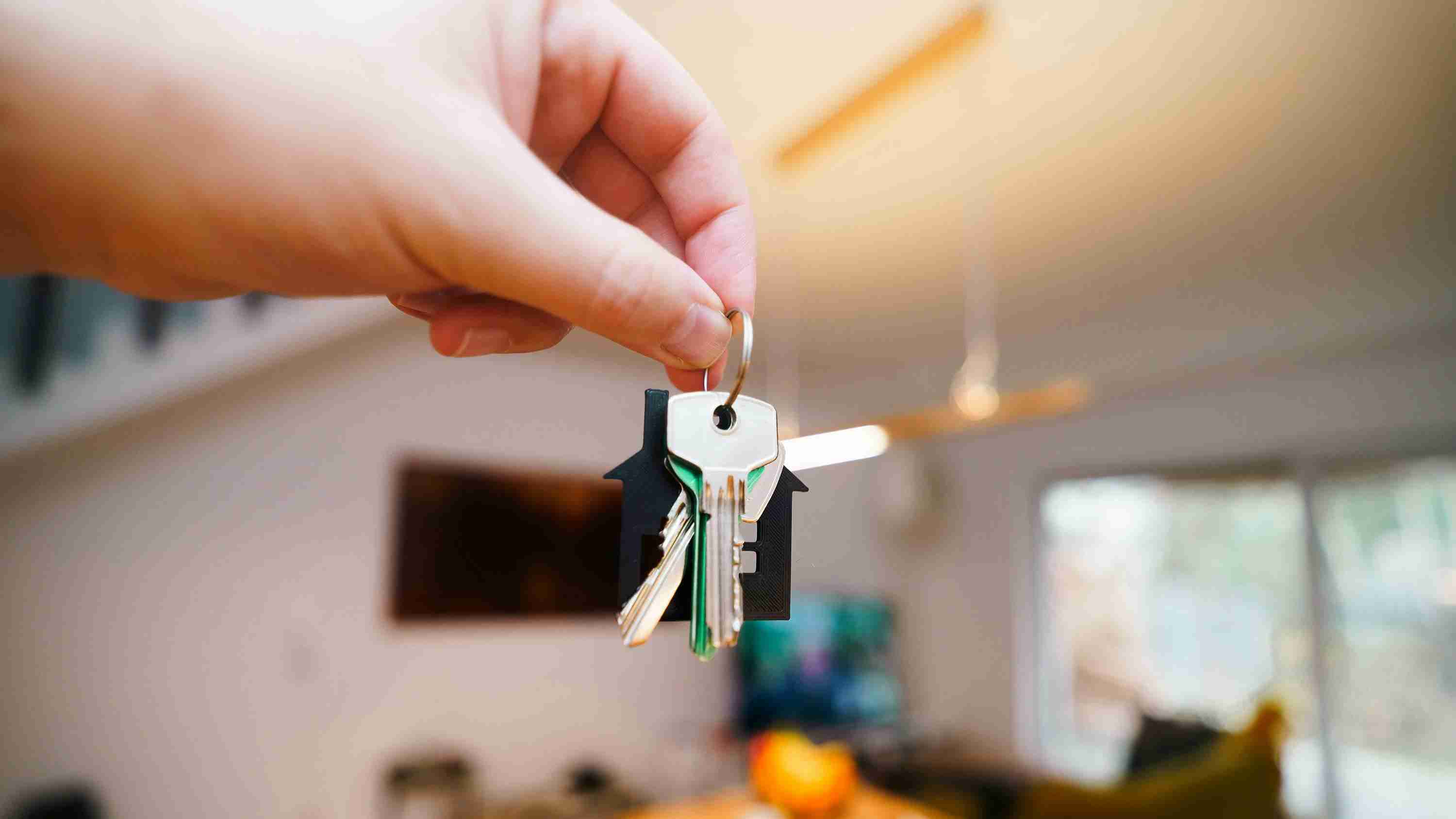Can You Rent Out a Shared Ownership Property Successfully in Dubai? - A Complete Guide
Dubai’s real estate scene offers a rich tapestry of investment models. One that’s gaining traction is shared ownership—often called joint or fractional ownership—allowing investors to rent out a shared ownership property without bearing the full cost. In Dubai, laws support this model under Law No. 6 of 2019 concerning jointly owned real property.
Why is this appealing? Investors can team up to access high-end assets with lower individual capital, enjoy flexibility, and benefit from Dubai’s robust and transparent regulatory environment, making renting out a shared ownership property not just feasible, but smart. Let’s jump into why it's a standout choice.
Why Renting Out a Shared Ownership Property Makes Sense for Investors?
Renting co-owned property in Dubai works for several reasons.
Lower financial burden – You buy only a share, paying less upfront. Shared cost brings greater affordability.
Diversification – Own parts of multiple properties: villas, apartments, or commercial units. Reduces risk concentration.
Strong returns potential – Rental yields and capital gains are split according to shares.
Flexibility in exiting – You can sell your share individually instead of the full property.
Regulatory security – Dubai has clear laws and enforcement, providing investor confidence.
In essence, renting out a shared ownership property gives you the perks of real estate without going solo on the cost or risk.
Top Legal, Financial, and Practical Considerations
Before you rent out a shared ownership property, here’s a snapshot of what to watch for:
Legality – Must comply with Law No. 6 of 2019, and record shared ownership via the Dubai Land Department (DLD).
Co-ownership agreement – Crucial for clarity on rental permissions, income splits, and exit rights.
RERA & EJARI requirements – Rentals need RERA-backed tenancy contracts and EJARI registration for validity.
Agreement among co-owners – Rental decisions must be agreed upon collectively; neglecting this risks disputes.
Financial splits & taxes – Determine how rent, tax liabilities, and maintenance fees are handled.
How to Rent out a Shared Ownership Property?
What Is Shared Ownership in Dubai?
Shared ownership, also known as joint or fractional ownership, means multiple parties (typically up to four) own legal titles to the same property. These ownership percentages are recorded with the DLD. It could be equal or unequal shares, depending on investment contributions.
Steps to Get Legal Permission to Rent
Here’s how to rent out a shared ownership property in Dubai compliantly:
Consult your co-owners – All must agree in writing to rent the property.
Review or draft a co-ownership agreement – Include clauses on rental terms, approvals, income split, and exit strategy.
Register shared ownership with DLD – A Correct title deed is essential.
Get RERA-compliant tenancy contract & register with EJARI – Validates and legalizes the rental arrangement.
Ensure all approvals are documented – Including the developer or association if required.
Role of Co-Owners
You must obtain unanimous (or agreed-upon majority) approvals before renting.
Establish fair rental terms, considering each owner’s share.
Log decisions in writing to avoid conflicts later.
Determining Fair Rental Terms
Decide on the rent amount based on market rates.
Adjust for differences in ownership percentages.
Agree on the allocation of property management costs.
Set up a process for collecting and distributing income fairly.
What Are the Legal Guidelines for Renting Co-Owned Properties?
Key Legal Points
Dubai’s Law No. 6 of 2019 governs shared ownership. It ensures each owner’s share is clearly registered, and all management regulations are centralized. RERA enforces standards and the handling of disputes.
RERA & EJARI Compliance
RERA regulates Dubai tenancy laws, shared ownership, contracts, property management, and shared ownership rules.
EJARI registration makes tenancy contracts legally recognized.
Co-Ownership Agreements & Clauses That Matter
Key clauses to include:
Rental consent process
Income splitting terms
Maintenance and management responsibilities
Exit and dispute resolution procedures
Penalties for Renting Without Consent
Renting without co-owner approval can lead to legal conflict, tenancy disputes, or even forced sale under DLD or RERA interventions.
Legal Guidelines Table
Legal Guideline | Description |
Law No. 6 of 2019 | Governments jointly own real property, which requires proper registration with DLD. |
RERA Regulations | Oversees tenancy legality, management standards, and dispute resolution. |
Mandatory for a valid tenancy; ensures legal protection and facilitates visa/applications. | |
Co-Ownership Agreement | Must outline rental permission, income splits, responsibilities, and conflict resolution. |
How Rental Income Is Managed in Shared Ownership Properties?
Co-owned property income management works like;
Income Splitting Methods
Pro rata based on ownership – Simple and common.
Adjusted for contributions – Some owners may cover more costs; adjust the share accordingly.
Management-assisted split – Agencies can automate distribution.
Rental Management Tools & Agencies
Several platforms often collaborate with property management firms for tenancy facilitation and income handling.
Agencies offer tenant onboarding, rent collection, maintenance, and income distribution.
Tips to Avoid Disputes
Use transparent accounting with regular statements.
Formalize agreements in writing.
Rely on reputable management firms to ensure objectivity.
Income Split Example
Owner | Ownership Share | Monthly Rent Collected | Income Received |
A | 50% | AED 10,000 | AED 5,000 |
B | 30% | AED 10,000 | AED 3,000 |
C | 20% | AED 10,000 | AED 2,000 |
Which Factors Affect the Rentability of Shared Ownership Properties?
Market Trends in Dubai
Dubai’s real estate market continues to boom, with rising rents across segments. Luxury rents, especially in premium areas like Palm Jumeirah, are notably high.
Influencing Factors
Location – Prime districts yield higher rental demand.
Unit type – Villas, luxury apartments, and commercial units perform differently.
Amenities – Facilities like gyms, parking, and community features enhance appeal.
Shared ownership vs. full ownership – Shared properties may have limited tenant interest due to complexity; ROI could be slightly lower.
How Technology and AI Are Transforming Shared Ownership Rentals?
Examples of AI Adoption
Dubai’s forward-thinking market sees firms integrating AI in real estate management—think AI-driven tools for pricing, tenant screening, and maintenance scheduling.
AI Tools & Benefits
Rental pricing optimization – AI analyzes market trends to recommend competitive rents.
Tenant screening – Automates background checks and profiles.
Maintenance scheduling & automation – Smart reminders and maintenance tracking.
Payment tracking dashboards – Enable clear income visibility for co-owners.
Investors increasingly rely on AI property management for co-owners to maximize efficiency. This is particularly helpful when you rent out a shared ownership property, where automation removes complexity. These tools support leasing co-owned property and make the Dubai shared ownership rental rules easier and more reliable.
What Challenges Do Investors Face When Renting Shared Ownership Units?
Common Challenges & Solutions
Co-owner conflicts over rent or usage
Solution: Strong initial agreement; regular communication; mediation clause.Difficulty finding tenants due to shared ownership restrictions
Solution: Use reputable management firms; clearly present arrangements to tenants; offer incentives.Legal limits on subletting or lease duration
Solution: Consult RERA and include compliant terms in agreements.Disputes over maintenance or income distribution
Solution: Use transparent accounting; appoint a neutral manager or platform.
Wrapping Up Renting Out a Shared Ownership Property
To rent out a shared ownership property in Dubai profitably and legally, follow these core steps:
Register shared ownership with DLD.
Draft a robust co-ownership agreement.
Secure co-owner consent for renting.
Use RERA-compliant contracts and register with EJARI.
Employ clear, fair income handling via a management tool or agency.
Benefits include lower entry costs, diversification, and access to premium assets. Risks involve co-owner disagreements and market hesitancy—but can be mitigated with legal frameworks and professional management. If the process sounds daunting, consider engaging expert property managers to streamline management.
Ultimately, renting investment property in Dubai offers a premium yet accessible approach to real estate investment in Dubai. Take advantage of the city’s strong regulations, rising rental market, and innovative tools to make shared ownership an asset, not a liability.
FAQs
1. Can I legally rent out a shared ownership property in Dubai?
Yes, you can, but only if all co-owners agree in writing. Dubai Land Department (DLD) requires joint consent, and the lease shared ownership units must comply with RERA regulations. Without this, the rental contract can be invalidated.
2. How is rental income divided among co-owners?
Rental income is usually split proportionally to ownership shares. For example, a 40% stake means 40% of the rental income. Some co-owners may negotiate offsets if they handle maintenance or property management costs.
3. What happens if one co-owner refuses to rent the property?
If a co-owner declines, the property cannot be rented legally. Options include buying out the share, renegotiating terms in the co-ownership agreement, or using mediation services in Dubai to resolve disputes.
4. Are there risks in renting out a shared ownership property?
Yes. Common risks include co-owner disputes, tenant hesitancy due to shared ownership, and restrictions on lease duration. These risks can be minimized by drafting a strong shared property rental agreement and using professional management services.
5. Do shared ownership rentals offer good returns in Dubai?
Shared ownership can generate attractive rental yields, particularly in prime Dubai locations. However, ROI on shared ownership properties may be slightly lower than full ownership due to split income and service charges. Many investors still find it a cost-efficient way to access the market and earn a steady income.
6. What should I know about renting partially owned property in Dubai?
When renting partially owned property Dubai, you must ensure that the tenancy agreement reflects all co-owners’ rights and responsibilities. Without full approval, the rental is not legally enforceable. Using a professional property management company can help streamline tenant selection and income distribution.









